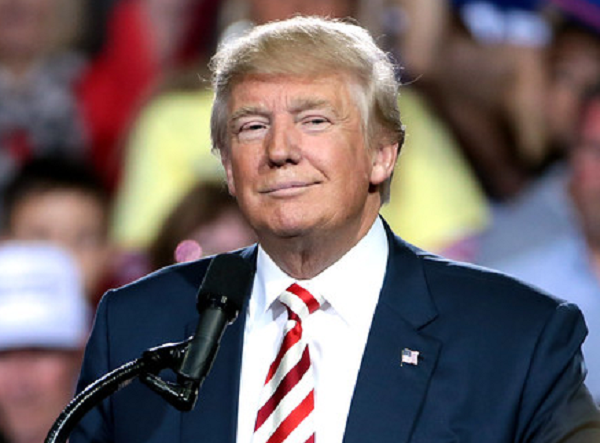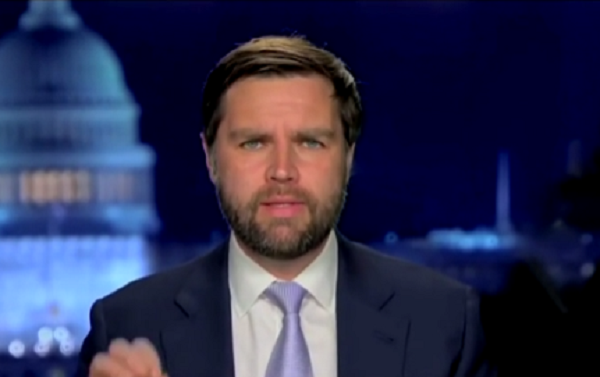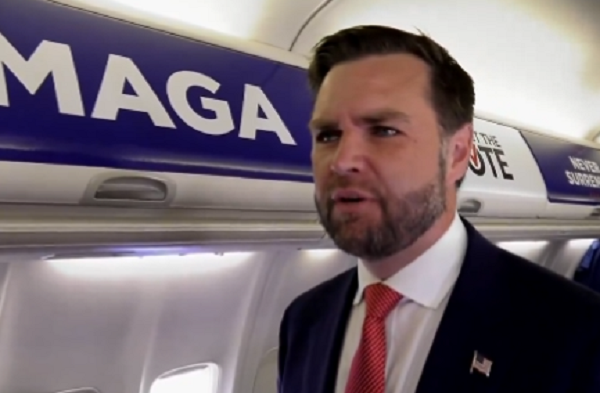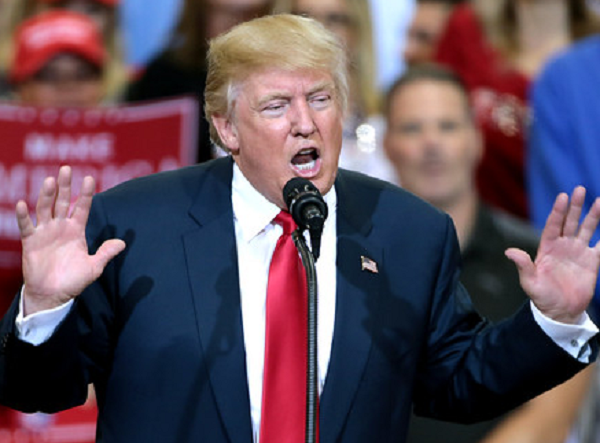The U.S. Supreme Court ruled in favor of former President Donald Trump’s administration over President Joe Biden’s administration in a case related to steel tariffs.
USP Holdings contested the Trump administration’s decision to impose these tariffs, claiming it was inappropriate. The company’s appeal was rejected by lower courts. The Biden administration opposed USP Holdings and other steel importers who argued that the tariffs had negatively impacted them. The Biden administration largely maintained the existing tariff levels.
Scott Paul, president of the Alliance for American Manufacturing, emphasized that the Biden administration’s stance recognized the potential economic and political repercussions of abruptly lifting steel tariffs without an alternative solution in place. This decision was particularly important for states like Pennsylvania and Ohio.
The tariffs were implemented by Trump under Section 232 of the Trade Act of 1962, which authorizes the president to impose trade restrictions on goods deemed crucial for national security. Trump justified the tariffs by citing the need to enhance the production of U.S. steel for military purposes and other essential industries. Although these tariffs led to tensions with some U.S. allies, certain countries were exempted from this policy.
The case in question, titled USP Holdings Inc. v. United States, was declined by the Supreme Court through an unsigned order. The Court did not provide an explanation for its decision, and no justices dissented.
In addition, the Supreme Court has been actively engaged in other significant matters. The Court’s upcoming rulings during this term might disrupt climate change-related lawsuits.
Boyden Gray, who held legal roles in both the Reagan and George H.W. Bush administrations, detailed in a Fox News op-ed how federal courts are grappling with determining whether climate change lawsuits should be governed by state or federal law. It’s anticipated that the Supreme Court will ultimately provide clarity on this matter.
Gray highlighted that the Supreme Court has historically ruled that lawsuits concerning cross-state air and water pollution should be decided under federal law. He pointed to the precedent set by the 2011 case American Electric Power Co. v. Connecticut, where the Court concluded that federal law was applicable and that claims related to greenhouse-gas emissions fell under the jurisdiction of the Environmental Protection Agency (EPA) due to the Clean Air Act.
Gray also discussed recent cases where progressive states and cities are pursuing lawsuits seeking substantial damages linked to climate change. These entities are trying to exploit state law to circumvent the principles established in previous Supreme Court rulings.
Presently, three cases are pending before the Supreme Court, each representing different circuit court decisions. Energy companies are seeking the Court’s intervention to resolve the discrepancies in these decisions and to affirm that climate change lawsuits inherently fall under federal law and the jurisdiction of federal courts.
The outcome of these cases could potentially have significant implications for both the liberal agenda and the broader efforts to address climate change through the legal system.







